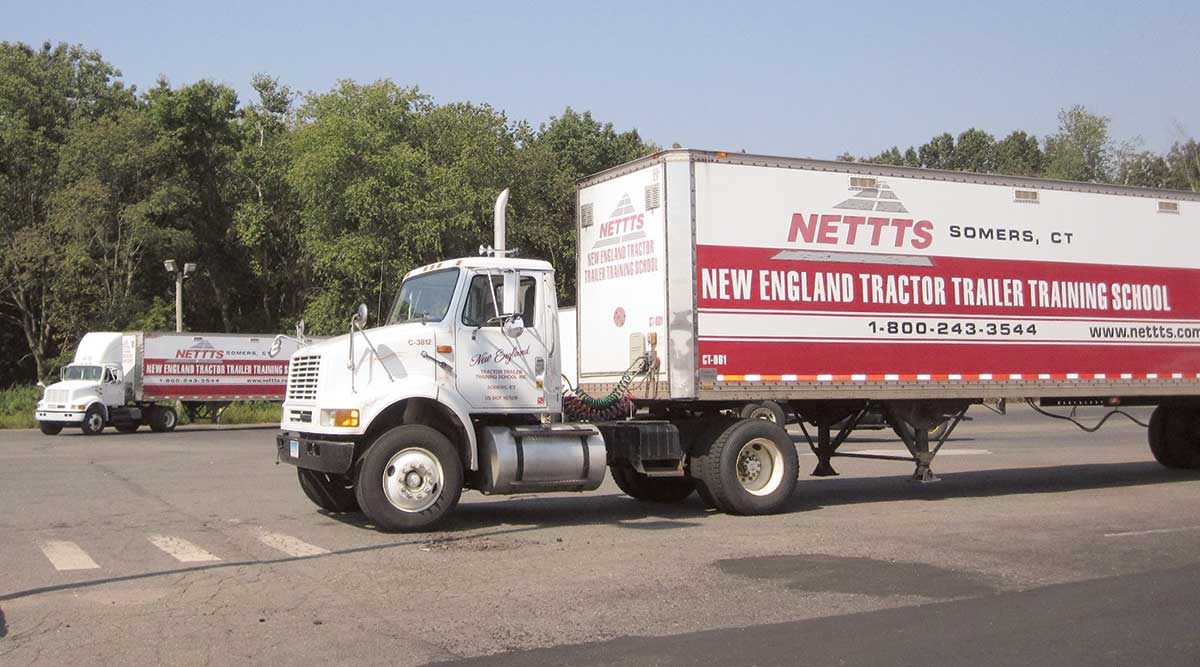Senior Reporter
DOT Postpones Effective Dates of Several Final Rules, Again

This story appears in the May 29 print edition of Transport Topics.
The Department of Transportation continued to keep a number of regulations on ice in May, including an entry-level driver training final rule more than 25 years in the making.
In Federal Register postings, DOT officials have offered little explanation for keeping in limbo some of the Obama administration’s rulemakings, other than to say they were authorized by a Jan. 20 presidential directive that froze, pending review, the effective date of several final regulations to ensure they mesh with Trump administration policy goals.
Some of the delays are widely believed to have been the result of a slow nomination and contentious confirmation process in the Senate that ultimately has contributed to a number of leadership and midlevel vacancies going unfilled.
“This administration has gone on a new path to create a system to review regulations — old ones and new ones,” said Bill Sullivan, executive vice president of advo- cacy for American Trucking Associations. “Implementing that system is both new and depends on them being able to staff up at high- and middle-level positions.”
Sullivan, a former Capitol Hill staffer, said that he believes the new regulatory review process is proving to be more thorough than with some past administrations, and in some ways made more complex with President Donald Trump’s declaration that for every new regulation, two existing ones must go.
The Trump White House fiscal 2018 budget request makes it clear that the Federal Motor Carrier Safety Administration’s Office of Policy will be closely weighing the cost of regulations against their potential safety benefits.
“There are several rulemakings FMCSA will focus on to reduce to the greatest extent practicable under existing statutes, the regulatory administrative burden associated with obsolete and redundant rules,” the proposal said. “When there is information to decide that a rule is unnecessary and provides no discernible safety benefit, the FMCSA will work towards the elimination of the requirements.”
As a result, the administration is requesting more than $13 million to fund its policy office efforts.
“Funding is required to publish documents in the Federal Register and to obtain regulatory development and economic evaluation support regarding complex issues requiring unique skills,” the proposal said.
The effective date for the entry-level driver training rule has been delayed three times (most recently May 22), and the latest projection is June 5.
Besides the FMCSA’s entry-level driver training final rule delay, the effective dates of several other DOT subagencies were put on hold until at least early June, according to Federal Register announcements posted this month.
Among those delays is the Federal Highway Administration’s National Performance Measurements rule (was due May 19; now extended indefinitely), the National Highway Traffic Safety Administration’s Minimum Sound Requirements for Hybrid and Electric Vehicles (was due May 22; now extended to June 5), and the Federal Railroad Administration’s System Safety Program rule (was due May 22; extended to June 5) and its Training, Qualification, and Oversight for Safety-Related Railroad Employees rule (was due May 23; extended to June 2).
An FRA spokesman said the agency’s training rule implementation deadline extensions for a year were due to concerns by associations representing most of the 1,459 employers about developing all of their model programs in time for the employers to implement them. The FRA safety rule effective date was pushed back to “provide the administration an adequate opportunity to review new and pending regulations,” the spokesman said.
DOT did not respond to a request for comment by press time, nor did three of the four department subagencies that had effective dates extended.




